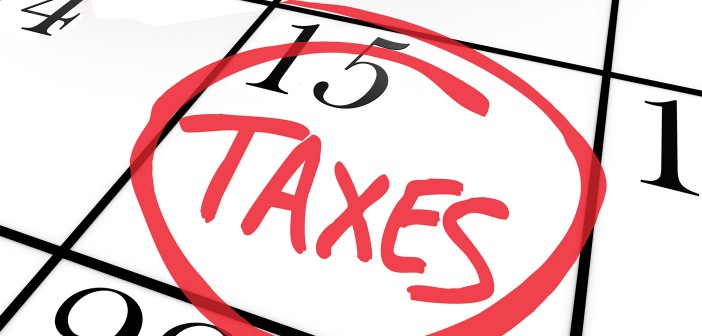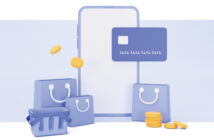We are pressing forward into 2017, which I personally believe is going to be a great year! Although we were recently pummeled with snow, freezing rain, and winds that moved my kids trampoline from our backyard into our neighbor’s front yard, the two things that I can guarantee as a financial advisor are:
1. Spring is just around the corner, and
2. Taxes will be due in mid-April.
Although I am not a tax preparer and don’t give tax advice, I do advise clients on investment vehicles which could be used as tax-managed options in a few different ways. One way to shelter some income and reduce your tax liability would be to open or contribute to an Individual Retirement Account, often referred to as an IRA. For the contribution year of 2016, you can deposit up to $5,500 into your IRA on a tax-deferred basis, as long as you fall under certain income thresholds. This money is then treated as if you didn’t earn it, which will mean you should pay less in taxes. You may also qualify for an extra $1,000 catch-up contribution if you have reached the age of 50. Generally, amounts in your traditional IRA (including earnings and gains) are not taxed until you withdraw money from the plan. At that time, the withdrawals are almost always a taxable event. A person may want to consider this retirement vehicle if they are currently in a high tax bracket and expect to be in a lower tax bracket during retirement when they plan to withdraw the money.
If you don’t need a tax deduction, you may be able to open a Roth IRA. When you contribute into a Roth IRA, you will not receive a tax deduction on your contribution, but qualified distributions will be completely tax-free in the future. A Roth IRA also allows for withdrawal of your principle without penalty, which adds another level of flexibility. Roth IRAs can also be great for income earners who are in a lower tax bracket and expect to be in a higher tax bracket during retirement. A Roth can also be a way to potentially ensure that if the government raises taxes dramatically in the future to pay off all its debt, this pool of money could be available to you completely tax-free.
I encourage you to talk to a tax advisor or financial advisor about these two strategies, and determine whether one may be beneficial to you. Like a wise client of ours always says, “If you watch your pennies, the dollars take care of themselves.”








